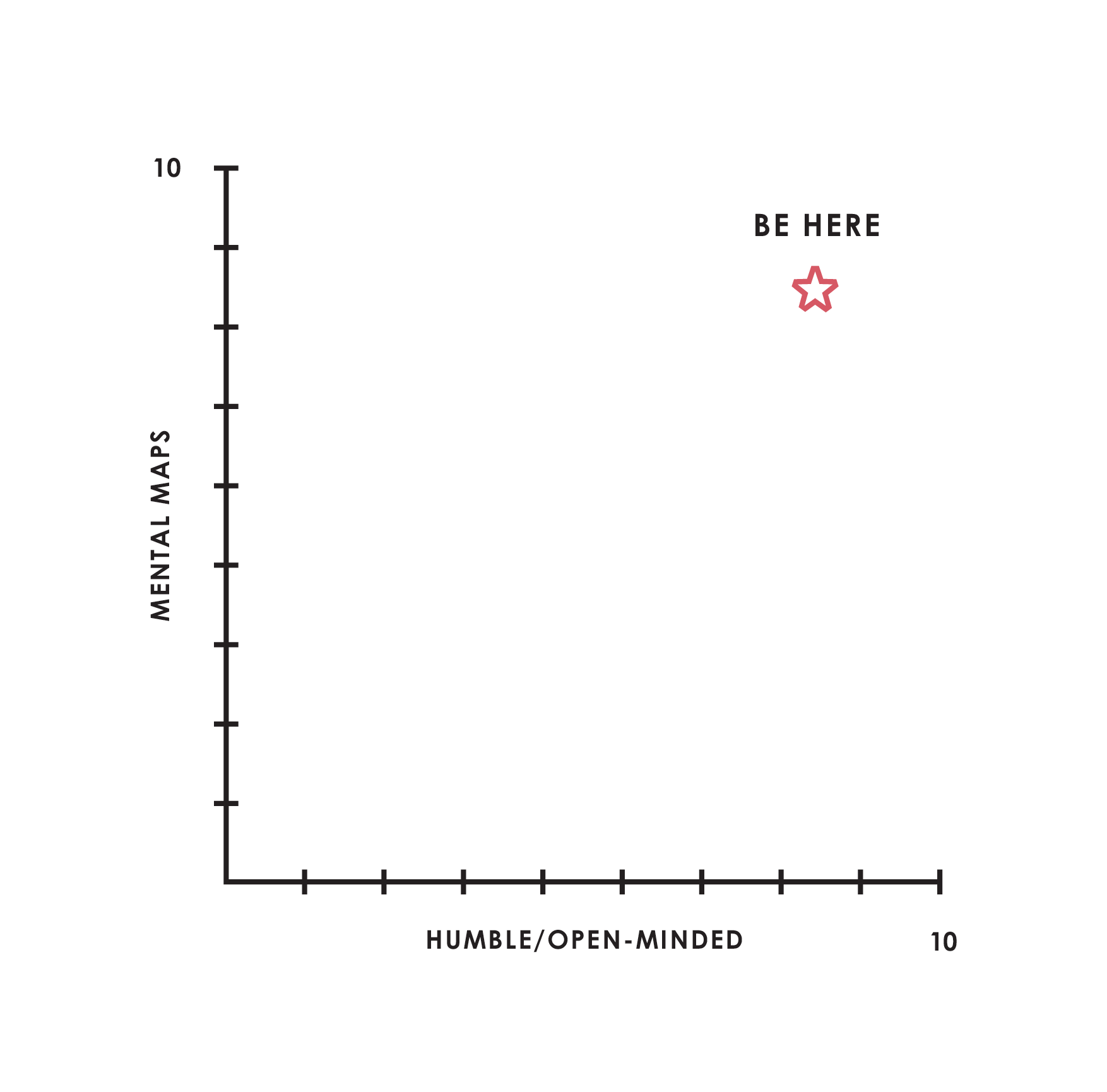
Principles are ways of successfully dealing with reality to get what you want out of life.
Ray Dalio, one of the world’s most successful investors and entrepreneurs, cites principles as his key to success.

Principles are ways of successfully dealing with reality to get what you want out of life.
Ray Dalio, one of the world’s most successful investors and entrepreneurs, cites principles as his key to success.
In 1975, Ray Dalio founded Bridgewater Associates, out of his two-bedroom apartment in New York City. Over forty years later, Bridgewater has grown into the largest hedge fund in the world and the fifth most important private company in the United States (according to Fortune magazine), and Dalio himself has been named to TIME’s list of the 100 most influential people in the world. Along the way Dalio discovered unique principles that have led to his and Bridgewater’s unique success. It is these principles, and not anything special about Dalio, that he believes are the reason behind whatever success he has had. He is now at a stage in his life that he wants to pass these principles along to others for them to judge for themselves and to do whatever they want with them.
Some people are good at knowing what to do on their own; they have good mental maps. Maybe they acquired them from being taught; maybe they were blessed with an especially large dose of common sense. Whatever the case, they have more answers inside themselves than others do. Similarly, some people are more humble and openminded than others. Humility can be even more valuable than having good mental maps if it leads you to seek out better answers than you could come up with on your own. Having both open-mindedness and good mental maps is most powerful of all.
To convey this simple concept, imagine rating from one to ten how good someone’s mental map is (in other words, what they know) on the Y-axis and how humble/open-minded they are on the X-axis, as shown here.

Everyone starts out in the lower left area, with poor mental maps and little open-mindedness, and most people remain tragically and arrogantly stuck in that position. You can improve by either going up on the mental-maps axis (by learning how to do things better) or out on the open-mindedness axis. Either will provide you with better knowledge of what to do. If you have good mental maps and low open-mindedness, that will be good but not great. You will still miss a lot that is of value. Similarly, if you have high open-mindedness but bad mental maps, you will probably have challenges picking the right people and points of view to follow. The person who has good mental maps and a lot of open-mindedness will always beat out the person who doesn’t have both.
Now take a minute to think about your path to becoming more effective. Where would you place yourself on this chart? Ask others where they’d place you.
Once you understand what you’re missing and gain open-mindedness that will allow you to get help from others, you’ll see that there’s virtually nothing you can’t accomplish.
Most people fail to do this most of the time.